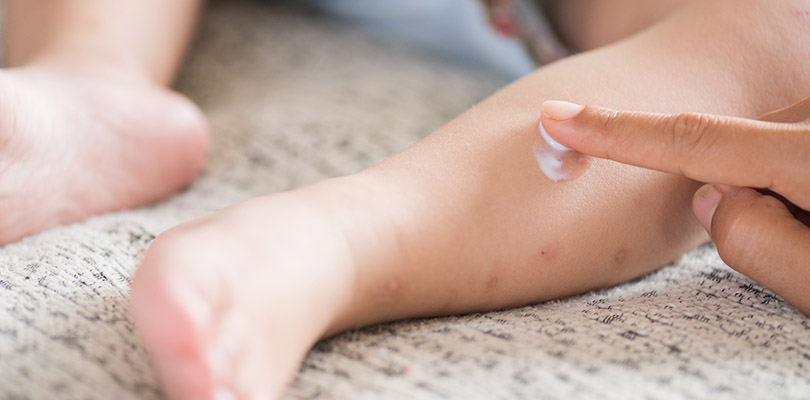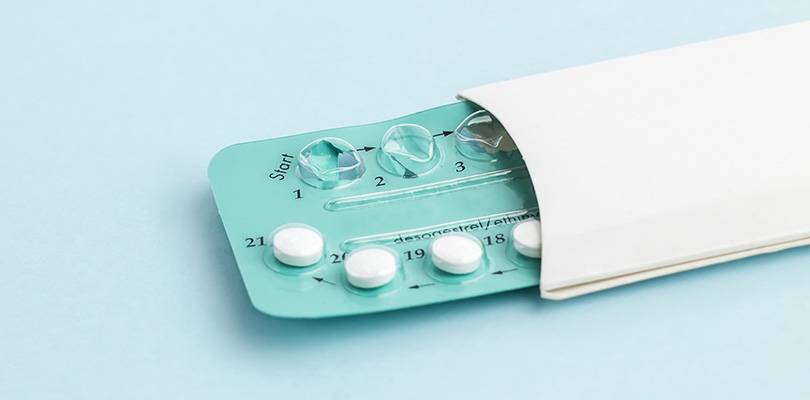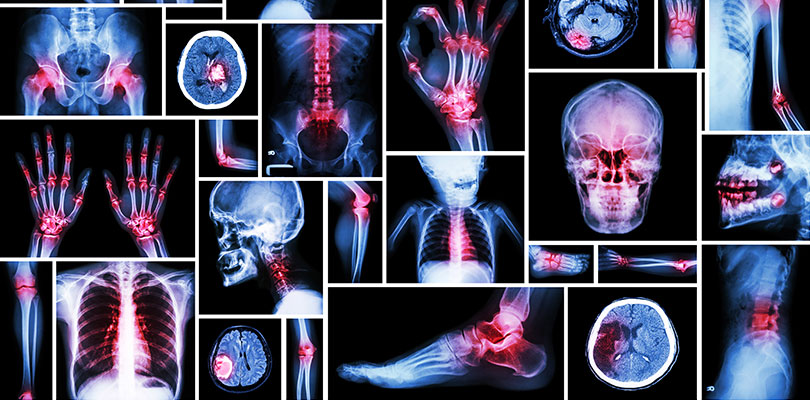Baby Eczema Treatment
Baby eczema, or atopic dermatitis, is a skin rash that is generally noticed on infants around their scalp or cheeks. It may also first appear on the chest, legs, arms or other parts of the body. Approximately 20% of children and newborns have eczema to some degree.
While eczema is not typically contagious, it can be extremely uncomfortable to anybody who presents the rash. The rash may also come and go at different times.
Eczema has been genetically tied to the family with eczema, allergies, or asthma, meaning that children of families with any of these conditions may be more likely also to have the condition. Eczema may also be influenced by the environment that the baby is located in including air temperature, humidity and smoke (including tobacco smoke).
Your Baby Eczema Treatment Options
If your infant is suffering from atopic dermatitis, your baby eczema treatment options may include prescription or over-the-counter medication, or natural treatment.
Prescription Medications
If your infant has a rash, it is recommended to visit their pediatrician. Their doctor may refer you to a specialist to ensure that they receive the best possible care.
While several baby eczema treatment options are available, your doctor may prefer to order a prescription medication. Typically, these medications will consist of a hydrocortisone cream that contains doses of steroids that are not available in over the counter creams.
Over-the-Counter Medications
While some prescription medications may help to relieve the symptoms presented by baby eczema, there are numerous over-the-counter medications. The first is likely to be a hydrocortisone cream that contains a lower dose of steroid than their prescription counterpart.
Additionally, moisturizing lotions specially formulated to deal with the effects of eczema may also be available in your area. Diluted bleach baths have been used to help with the treatment of eczema, but care must be taken not to get bleach water into the baby’s eyes, and physicians caution to not use this method on of washing on the face. The bleach bath helps to eliminate bacteria and allow the skin to heal naturally.
For infants who are prone to scratching, use socks or mittens on the hands, very soft sheets and keep their nails trimmed short. If the itching continues and disturbs the sleep of an infant, a physician may also prescribe or direct the use of an antihistamine. This medication is used to reduce itching and allow for improved sleep.
What is autism? Autism, also known as autism spectrum disorder (ASD), is a developmental disability which is normally diagnosed in early childhood.
Natural Treatments for Baby Eczema
The medication side of eczema is typically limited to hydrocortisone creams or hydrating lotions. However, natural treatments abound for the treatment of baby eczema.
While individuals report varying success with these, some have been studied by the medical field and found to have significant progress. Emollients, which are typically a petroleum-based product, help to hydrate the affected skin and reduce the effects of eczema.
General Tips to Help Manage Baby Eczema
Parents who have children with eczema should know how to manage the common symptoms:
- Be a minimalist. Sometimes the fragrances in our cleaning products, especially our laundry detergents and fabric softeners, can actually make baby eczema worse. Instead of trying to find the cleansers that smell the best, look for those that are free from additional fragrances, colors, or other unnecessary additions. Avoiding these detergents reduces the chance that you will inadvertently make eczema worse. In the same manner, reducing bath irritants, such as bubble baths, bath crayons, or bath colors may also be linked to a reduction in the severity or appearance of rashes.
- Doing less cooking and washing. To help aid in overall fatigue that you may be feeling after trying to console an uncomfortable baby all night, create a support system that can help you with household chores. This may mean relying on family and friends to assist you with cooking, cleaning and taking care of the baby.
- Stay cool. In hot environments, showering and changing into light clothes shortly before bed often helps to reduce our skin temperatures and increase sleep time. The additional use of humidifiers helps to maintain a cooler overall air temperature.
- Change your frame of mind. Rather than focus on the negative aspects associated with eczema, make sure to do something positive on the tough days. This can be visiting a library or reading a book at home, making a visit to a park, taking a walk, looking at flowers, or watching a good movie together. Whatever it is, take the time to enjoy the time together.
An Overview
Baby eczema is non-life threatening, but it can still be a challenging time for the child and the parents. If you suspect that your child is suffering from this skin condition, reach out for help.
There are several ways to sooth the condition and provide relief to everybody involved. To learn more, reach out to your family doctor for information and resources.







